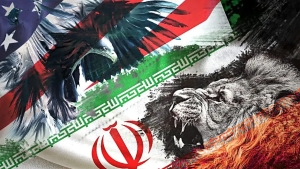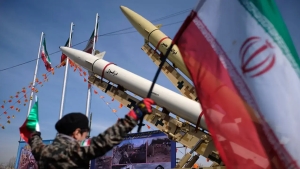China mediation: obstacles to regional stability are increasing

Diplomatic relations between China, Pakistan, and Afghanistan play a crucial role in ensuring regional security and stability. This was reported by Zamin.uz.
Recently, border clashes and mutual accusations between Pakistan and Afghanistan have intensified tensions in the region. This situation highlights the fragility of security issues in South and Central Asia.
China, in turn, is striving to ensure stability in this region by acting as a diplomatic mediator. In particular, China's investments and infrastructure projects under the "Belt and Road" initiative serve to strengthen its influence in the region.
At the same time, political and security problems between Pakistan and Afghanistan pose serious obstacles to China's mediation efforts. Pakistan is focusing more on its internal security issues, especially those related to militant groups such as Tehrik-i-Taliban Pakistan.
Afghanistan, meanwhile, is cautious about external interference while striving to maintain its national sovereignty. As a result, although China's mediation efforts carry symbolic significance, practical outcomes have not been sufficiently effective.
China's economic approach also appears to be an insufficiently strong tool for ensuring stability in the region. For example, major projects like the Mes Aynak copper mine in Afghanistan have been delayed for years, which has increased dissatisfaction among local stakeholders.
In Pakistan, projects under the China-Pakistan Economic Corridor (CPEC) have raised hopes for economic development, but recent border tensions reveal the limitations of this approach. China has long adhered to the principle of non-interference while trying to protect its economic and security interests in the region.
However, security issues, including the safety of Chinese personnel in Pakistan and the risk of militancy spreading to China's Xinjiang region, are forcing Beijing to take a more active role. This complicates maintaining balance in Chinese diplomacy.
The current situation in the region exposes the limits of China's "development-based stability" approach. Infrastructure projects and economic incentives alone cannot ensure long-term stability.
Long-term stability requires political trust, mutual understanding, and the development of mechanisms for resolving conflicts. Therefore, China's influence in South and Central Asia will depend on how it overcomes these challenges.







